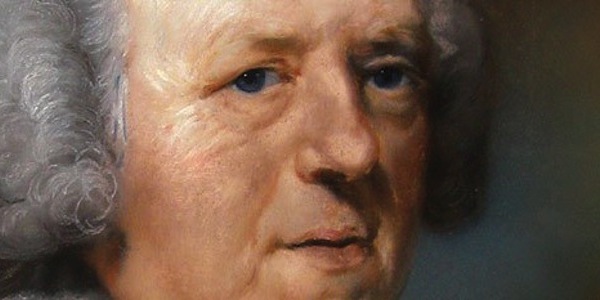“1. A Christian indeed, is not only confirmed in the essentials of Christianity, but he hath a clear, delightful sight of those useful truths, which are the integrals of Christianity, and are built upon the fundamentals, and are the branches of the master-points of faith. Though he see not all the lesser truths (which are branched out at last into innumerable particles), yet he seeth the main body of sacred verities, delivered by Christ for man’s sanctification; and seeth them methodically in their proper places; and seeth how one supports another, and in how beautiful an order and contexture they are placed. And as he sticketh not in the bare principles, so he receiveth all these additions of knowledge, not notionally only, but practically, as the food on which his soul must live; Heb. 5:13, 14. 6:1, 2. &c. Matt. 13:11. Eph. 1:18. 3:18, 19. John 13:17.
2. A weak Christian (in knowledge) besides the principles or essentials of religion, doth know but a few disordered, scattered truths; which are also but half known, because while he hath some knowledge of those points, he is ignorant of many others, which are needful to the supporting, and clearing, and improving of them; and because he knoweth them not in their places, and order, and relation, and aspect upon other truths. And, therefore, if temptations be strong, and come with advantage, the weak Christian, in such points, is easily drawn into many errors; and thence into great confidence and conceitedness in those, errors and thence into sinful, dangerous courses in the prosecution and practice of those errors. Such are like “children tossed up and down, and carried to and fro by every wind of doctrine, through the cunning sleight and subtlety of men, whereby they lie in wait to deceive;” Eph. 4:14. 2 Cor. 11:3. Col. 2:4. 2 Tim. 3:7.
3. The seeming Christian having no saving, practical knowledge of the essentials of Christianity themselves, doth therefore, either neglect to know the rest, or knoweth them but notionally, as common sciences, and subjecteth them all to his worldly interest. And, therefore, is still of that side or party in religion, which, upon the account of safety, honour, or preferment, his flesh commandeth him to follow. Either he is still on the greater, rising side, and of the rulers of religion, be it what it will; or if he dissent, it is in pursuit of another game, which pride or fleshly ends have started; 2 Pet. 2:14. Gal. 3:3. John 9:22. 12:42, 43. Matt. 13:21, 22.
Richard Baxter and William Orme, The Practical Works of the Rev. Richard Baxter, vol. 8 (London: James Duncan, 1830), 386–387.




